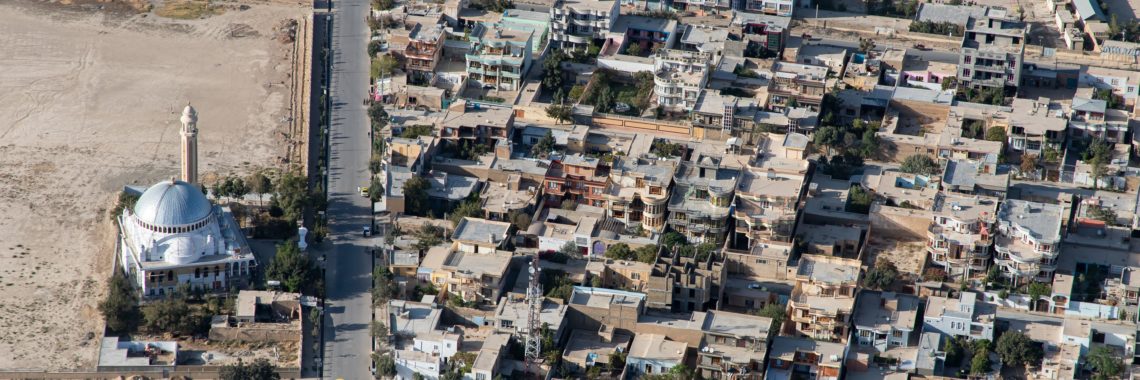“Religious Liberty and Social Equality in the Aftermath of Fulton v. Philadelphia” by Kenneth Townsend
Photo by Xavier Coiffic on Unsplash. Religion clause jurisprudence is one of the more convoluted areas of constitutional law. The Supreme Court has articulated at least six different standards in recent years for determining whether a state has violated the First Amendment’s prohibition against “establishment of religion.” The Court’s approach to free exercise cases is…








